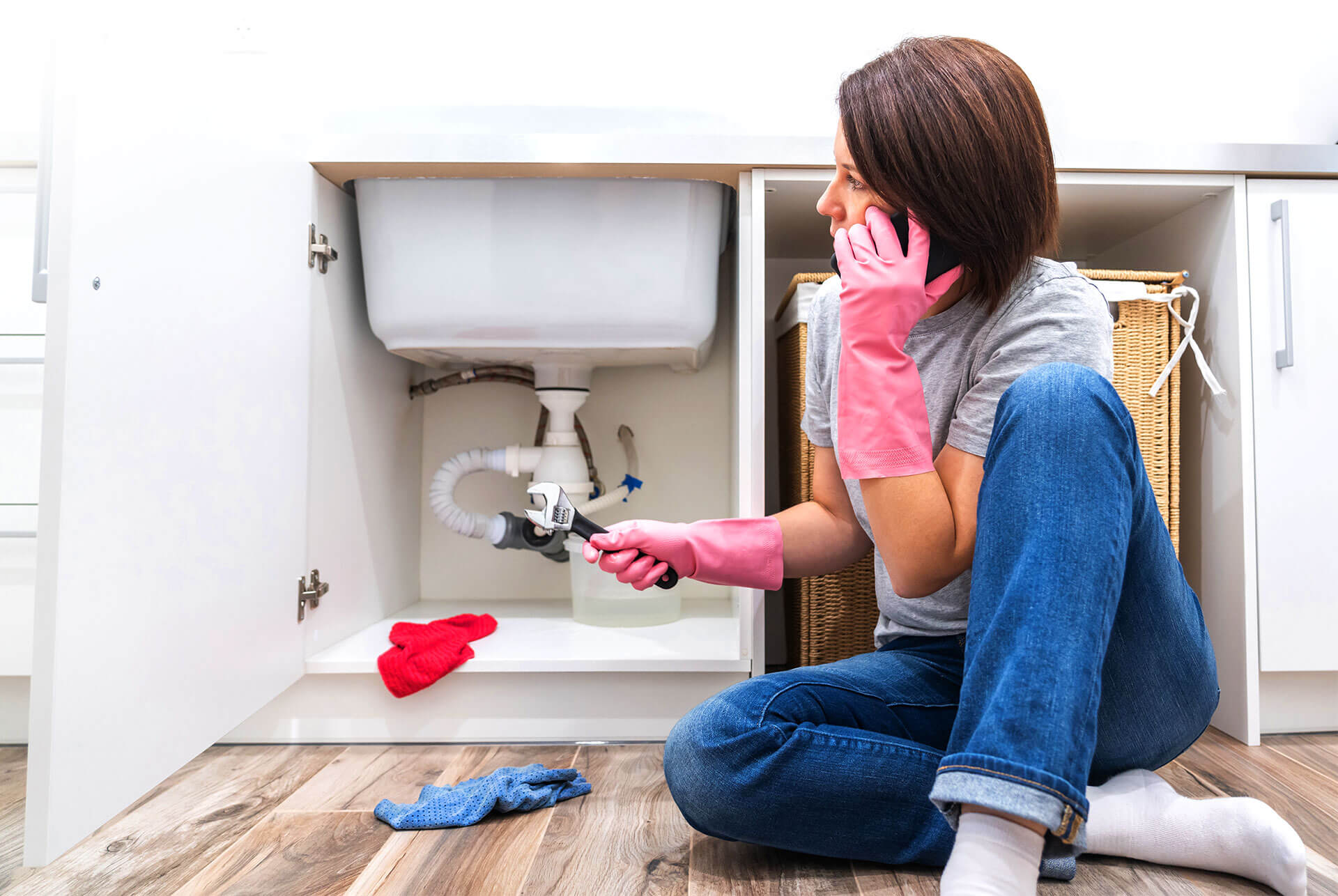Water Leaks – How to Clean Them and When to Worry

Household water leaks: quick wins and warning signs
Not every spill needs help, but persistent water leaks can point to hidden problems. Use the tips below to clean small events safely and spot symptoms that warrant professional inspection in Huntington Beach and Fountain Valley.
Small leaks you can clean yourself
- Stop the source, move contents, and extract water with towels or a wet/dry vac.
- Run fans and a dehumidifier until surfaces and cavities are dry to normal levels.
- Sanitize non‑porous surfaces and replace swollen baseboards or toe‑kicks.
When a water leak signals a bigger issue
- Ceiling stains, musty odors, buckled flooring, or meter movement suggest active leaks.
- Repeated toilet or supply‑line drips may indicate high pressure; check a hose‑bibb gauge.
- Warm spots on slabs or sudden bill spikes can indicate a slab leak.
DIY vs. pro cleanup for different materials
Tile and metal can often be cleaned and disinfected. Saturated carpet pads, particleboard, insulation, and drywall usually need removal to prevent odor and microbial growth.
Prevent the next leak
Replace aging supply lines, insulate vulnerable pipes, and test shutoffs twice a year so you can act fast the next time.
Final word: Clean small leaks quickly and investigate persistent signs before they escalate. Book a pro visit with Plumbing Squad in Los Angeles or OC.
Key Takeaways
- Understand the essentials of water leaks so you can act quickly and avoid damage.
- Use safe, proven methods first; avoid shortcuts that create bigger problems.
- Prevent issues with routine maintenance and timely upgrades.
- Know when to call a professional to save time, money, and stress.
Early Warning Signs
- Water stains, bubbling paint, or musty odors.
- Unexpectedly high water bills or meter movement when fixtures are off.
- Reduced pressure in one area or across the home.
Emergency Steps
- Shut off the main water valve.
- Turn off power to affected areas if water is near outlets or appliances.
- Open faucets to drain remaining water and relieve pressure.
- Document damage for insurance and call a licensed plumber.
Repair & Prevention
Depending on pipe material and access, solutions include spot repairs, rerouting, or whole‑home repiping. Insulate exposed lines, maintain stable indoor temps, and install leak detection with automatic shutoff.
FAQs
How can I prevent water leaks?
Start with routine maintenance: inspections, cleaning, and replacing worn parts before they fail. Address small issues early, use quality fixtures, and follow manufacturer guidelines. A yearly whole‑home check by a pro helps catch problems before they turn into water leaks.
Can DIY fixes make water leaks worse?
Yes. Using the wrong chemical, tool, or technique can damage pipes, fixtures, or finishes, and often pushes the problem deeper. Stick to safe methods and call a pro when you hit resistance, smell sewage, or see leaks.
When should I call a professional plumber for water leaks?
Call right away if there’s active leaking, sewage odors, recurring clogs, no hot water, water stains, or you’ve tried basic steps without success. Emergencies include burst pipes, backflows, and any leak near electrical.
How much does it typically cost to address water leaks?
Costs vary by scope, materials, access, and location. Expect a basic service call to start around a few hundred dollars, while larger repairs or replacements range higher. After an on‑site assessment, your plumber can provide a firm, written estimate.
Need a Reliable Plumber?
Plumbing Squad handles inspections, repairs, and emergency service with transparent pricing and clean workmanship. Call today or book service to get expert help fast.

